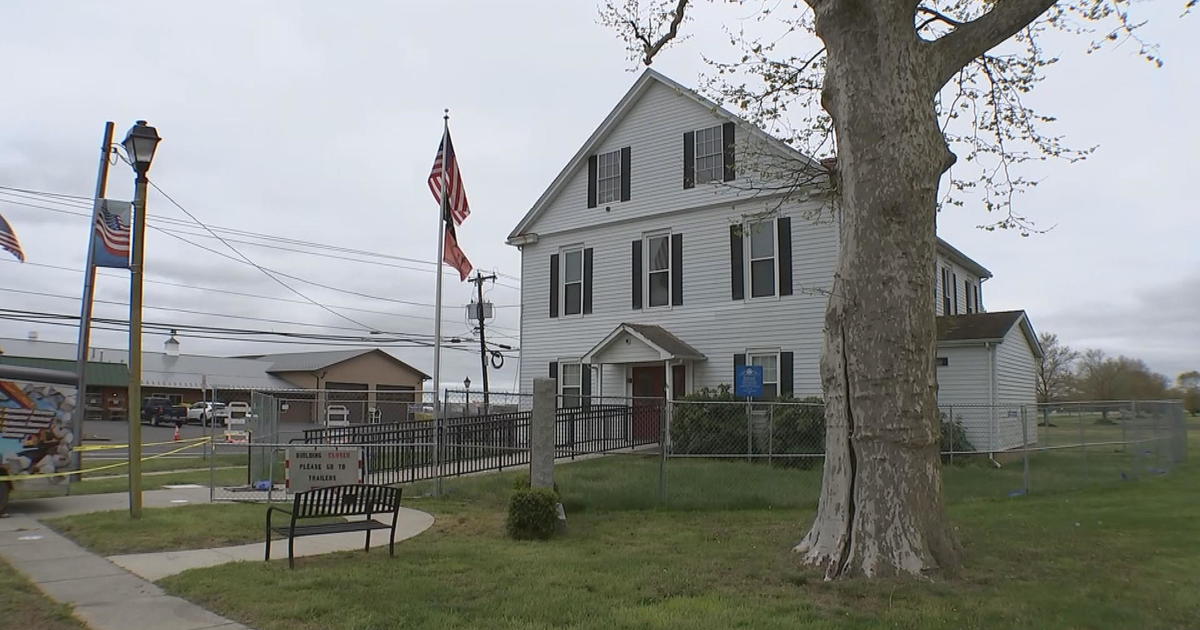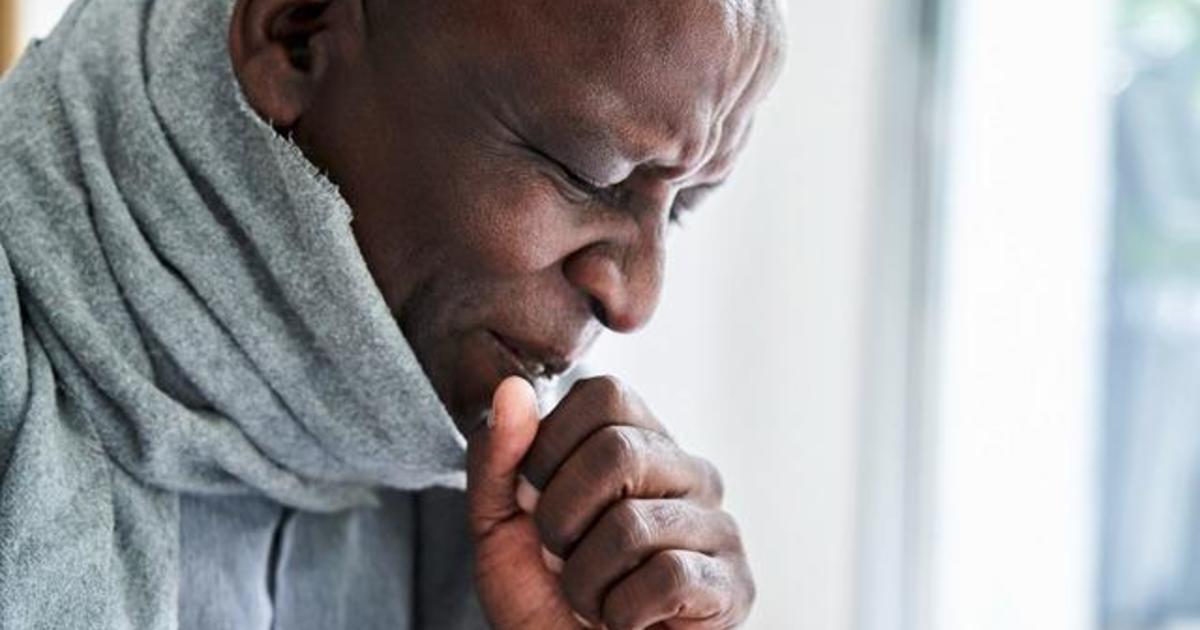UPDATE: Health Officials Confirm First Human Cases Of West Nile Virus In Pa., NJ
BURLINGTON COUNTY, N.J., (CBS/AP) – Health officials in New Jersey and Pennsylvania confirmed the first human cases of West Nile Virus of the year on Friday.
The New Jersey Department of Health says a 55-year-old Burlington County man developed symptoms of the disease on August 5th. He was hospitalized, but has since been released. The health department says he was exposed while gardening and doing other outdoor activities around his home.
The Pennsylvania Department of Health said Friday that a Montgomery County man was treated for West Nile infection, while a York County man also tested positive but did not require hospitalization.
The state Department of Environmental Protection says Pennsylvania is seeing localized outbreaks of West Nile in the mosquito population this year, as opposed to last year's statewide outbreak. DEP has detected West Nile-infected mosquitoes in 36 counties, though it's likely the virus is present elsewhere in the state.
"Most human cases of West Nile virus typically appear from August through October, and residents should be careful to protect themselves by using insect repellant and staying inside during dawn and dusk when mosquitoes are most active," said New Jersey Health Commissioner Mary E. O'Dowd in a statement on the Department's website.
The New Jersey Department of Health says additional protection measures include:
- Maintaining screen doors and windows
- Using insect netting on infant carriers and strollers
- Wearing long sleeves and pants whenever possible
Last year was the worst ever for West Nile deaths nationwide, with 286 people killed.
According to health officials, 2012 was the most active West Nile Virus season in the New Jersey's history with 48 cases and six fatalities. Three of the cases were reported from Burlington County, including one fatality.
In 2011, there were seven cases and no fatalities. In 2010, there were 30 cases and two fatalities.
"Superstorm Sandy has created many new places for mosquitoes to breed, including depressions left by fallen trees and the Department is asking residents to take steps to help limit the mosquito population on their properties by removing standing water where mosquitoes may breed," said O'Dowd in the statement.
The New Jersey Department of Health lists the following tips to limit standing water include:
- Dispose of tin cans, plastic containers, ceramic pots or similar water-holding containers that have accumulated on your property
- Pay special attention to discarded tires that may have accumulated. The used tire has become the most important domestic mosquito producer in this country
- Drill holes in the bottom and elevate recycling containers that are left outdoors
- Clean clogged roof gutters on an annual basis, particularly if the leaves from surrounding trees have a tendency to plug up the drains. Roof gutters are easily overlooked but can produce millions of mosquitoes each season
- Turn over plastic wading pools when not in use. A wading pool becomes a mosquito producer if it is not used on a regular basis
- Turn over wheelbarrows and do not allow water to stagnate in bird baths
- Clean and chlorinate swimming pools that are not being used. A swimming pool that is left untended can produce enough mosquitoes to result in neighborhood-wide complaints. Be aware mosquitoes may even breed in the water that collects on pool covers
Health officials say many people infected with the disease do not become ill and may not develop symptoms. When symptoms do occur, they may be mild or severe and show up three to 15 days after being bitten by an infected mosquito. Mild symptoms include flu-like illness with fever, headache, body aches, nausea and sometimes swollen lymph glands or a skin rash on the chest, stomach and back. Severe symptoms include high fever, neck stiffness and swelling of the brain (encephalitis or meningitis) which can lead to coma, convulsions and death.
The New Jersey Department of Health urges if a person thinks they may have West Nile Virus infection, they should visit their health care provider for further evaluation and potential testing. The Department says there is no treatment for West Nile Virus, and mild to moderate infections usually resolve within seven to 10 days. More severe infections may require hospitalization and supportive treatment.
For more information on West Nile Virus in New Jersey, visit: http://www.state.nj.us/health/cd/westnile or http://www.nj.gov/dep/mosquito.
(TM and © Copyright 2013 CBS Radio Inc. and its relevant subsidiaries. CBS RADIO and EYE Logo TM and Copyright 2013 CBS Broadcasting Inc. Used under license. All Rights Reserved. This material may not be published, broadcast, rewritten or redistributed. The Associated Press contributed to this report.)



